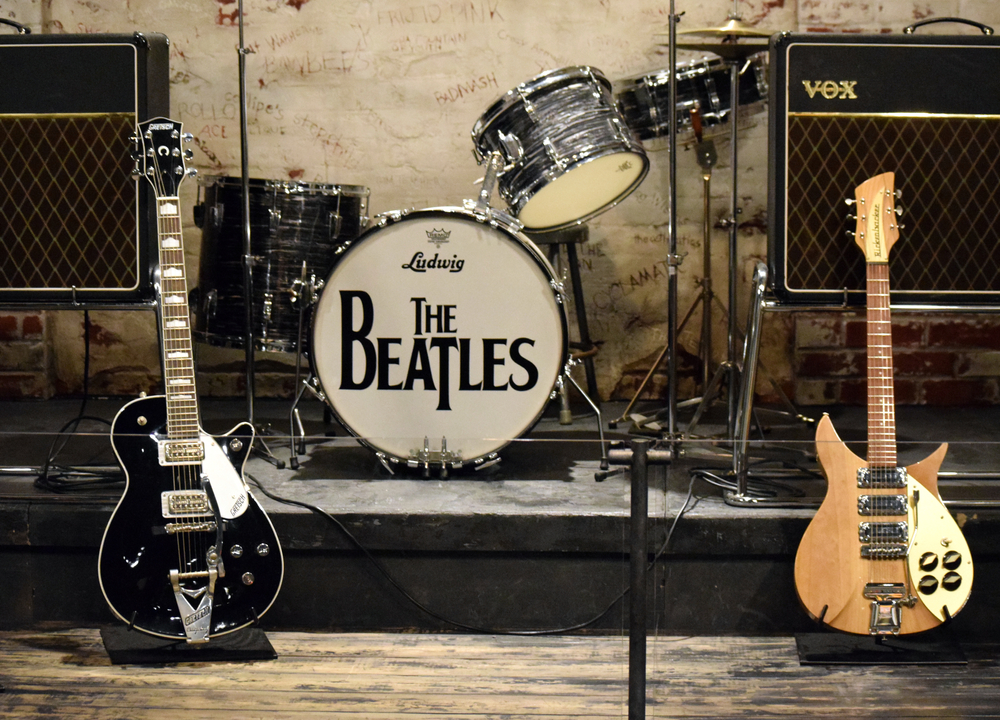Universal Music Group recently released the Beatles’ swan song “Now and Then,” featuring AI-reconstructed vocals from the late John Lennon.
A companion documentary was also unveiled, illustrating the technology behind the track’s production.
The documentary demonstrates how Peter Jackson, during the production of the Beatles documentary “Get Back,” devised software that could isolate Lennon’s voice from his piano in a demo recording on a cassette tape from the 1970s.
Emile de la Rey, a dialogue editor on Peter Jackson’s “Get Back” Beatles documentary, was instrumental in deploying AI to isolate vocal tracks from decades-old demo recordings.
‘Now And Then’ by @thebeatles is now available to listen to worldwide.https://t.co/zRbCPsexVa#NowAndThen pic.twitter.com/W89VgBh8Gv
— Paul McCartney (@PaulMcCartney) November 2, 2023
“[We developed] a technology which allows us to take any soundtrack and split all the different components into separate tracks based on machine learning,” Peter Jackson’s film elaborates.
Giles Martin, co-producer of the track, described the process, “So if you and I have a conversation and we’re in a crowded room and there’s a piano playing in the background, we can teach the AI what the sound of your voice, the sound of my voice, and it can extract those voices.”
Sean Ono Lennon, John Lennon’s son, said his father “would’ve loved that because he was never shy to experiment with recording technology.” That’s all critics of this AI-assisted track need to know.
McCartney also reflected positively on the experience, stating, “To still be working on Beatles music in 2023… wow. We’re actually messing around with state-of-the-art technology, which is something the Beatles would’ve been very interested in.”
Reports from X indicate a divide within the music community over AI’s burgeoning role in music production. A survey by Pirate, a music studio house, revealed that 53% harbored concerns over AI-assisted music, with 58% wary of a “loss of authenticity.”
The AI techniques used here represent an evolution of audio production software, which has been capable of extracting and cleaning audio from tracks similar to this for years.
How it worked
Sir Paul McCartney, speaking on BBC Radio 4’s “Today” program, unveiled the fascinating process behind what he calls “the final Beatles record.”
The application of AI centered on separating Lennon’s vocals from a 1978 demo track.
Lennon’s widow, Yoko Ono, had provided McCartney with several demo tracks labeled “For Paul,” including “Now And Then.”
While previous tracks, “Free As A Bird” and “Real Love,” were released in the ’90s with production enhancements, “Now And Then” was shelved due to dissatisfaction with the audio quality of Lennon’s original vocals.
Describing the process, McCartney said, “He [Jackson] was able to extricate John’s voice from a ropey little bit of cassette…We had John’s voice and a piano and he could separate them with AI. They tell the machine, ‘That’s the voice. This is a guitar. Lose the guitar’.”
By manipulating sound wave data, AI has created a cleaner, more distinct version of Lennon’s vocals.
This milestone in music technology not only celebrates the Beatles’ influence but also spurs the conversation about the future intersection of AI with creativity.
The music industry has historically embraced technology, but AI is pushing that to the next level.





